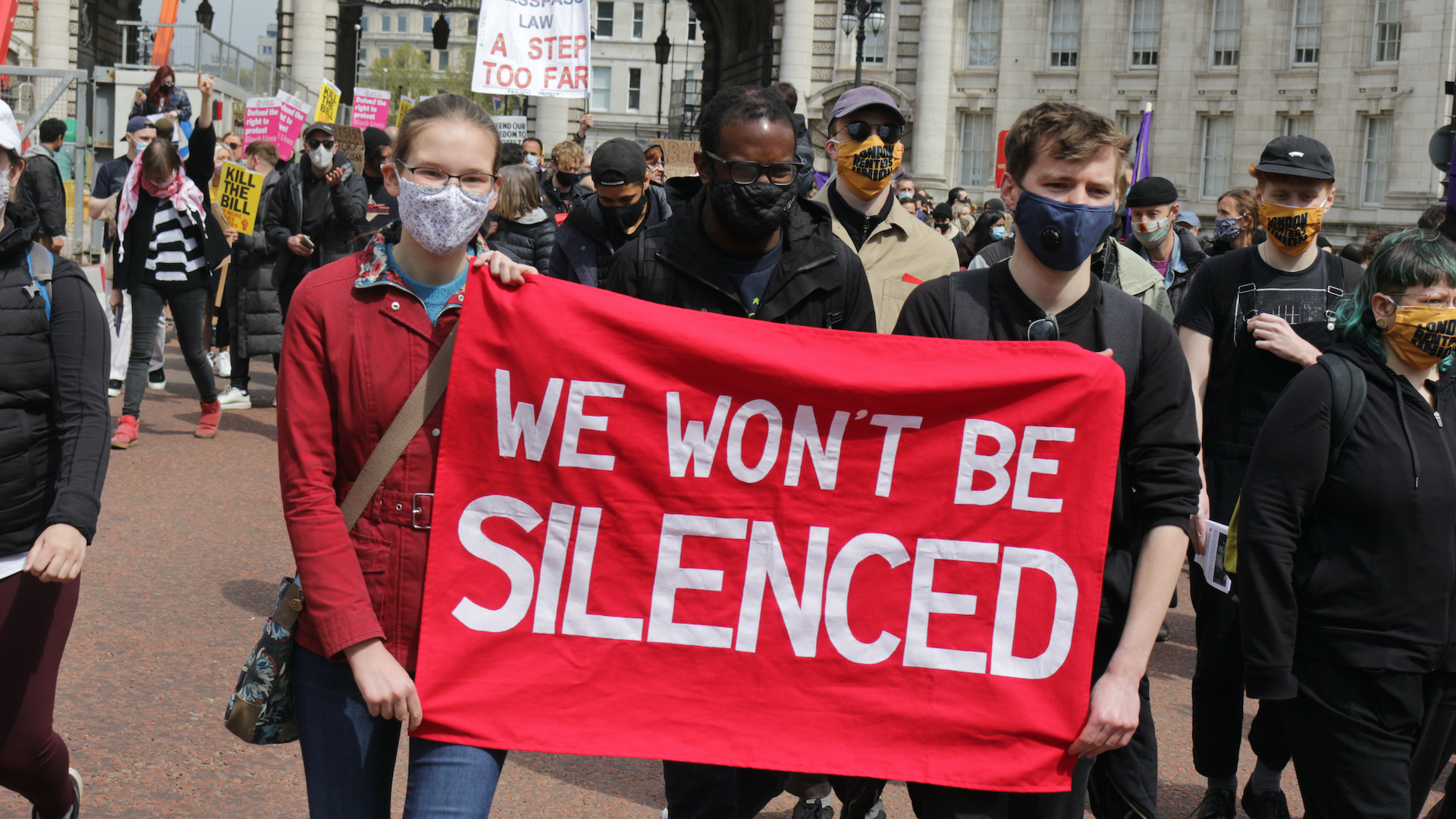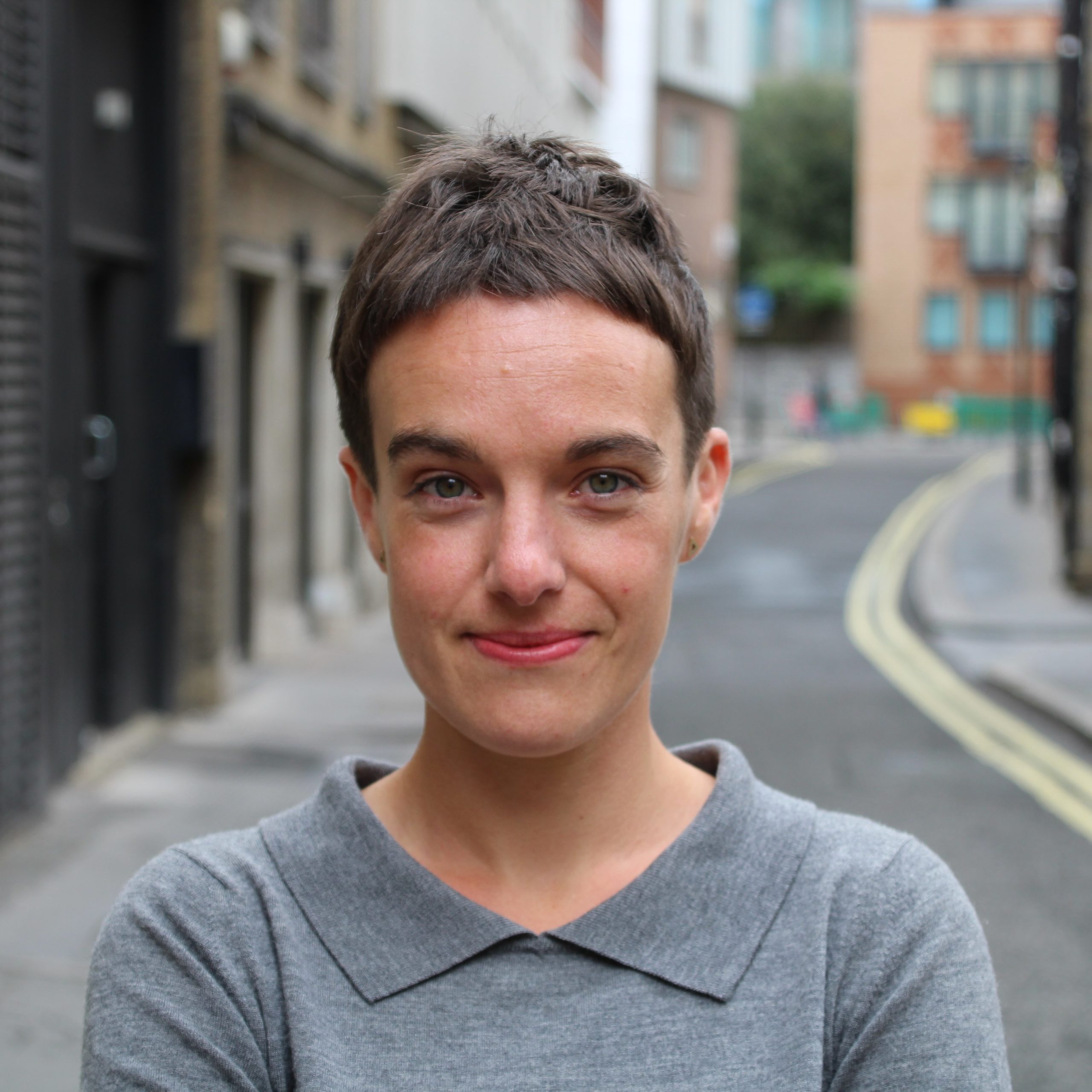After a year of resistance, this week the government managed to push through the remaining anti-protest measures in its Police, Crime, Sentencing and Courts Bill. Despite having voted three times to remove measures that would criminalise protests that are too “noisy” from the bill, peers finally voted them through – meaning the bill will now become law.
People across the country will rightly feel angry about the bill’s passing. It’s a human rights disaster. Protest is not a gift from the state, it is our fundamental right. Yet the bill will give police more powers to shut down protests for being too “noisy” and criminalise those who take part.
Aside from new laws allowing the police to impose noise-based restrictions on protests, the bill also gives the police more powers to restrict static demonstrations and protest around parliament while making it easier for protesters to be criminalised for breaching protest conditions – even if they didn’t know the condition was in place.
These new powers represent nothing less than an attack on our right to make our voices heard, deterring people from taking part in protests, and making it much easier to criminalise those who do.
The Policing Bill doesn’t just go after protesters, however. New trespass offences are a threat to hundreds of thousands of Gypsy and Traveller people, and the sweeping new powers given to police will make it easier to surveil, criminalise and punish those who already face the sharp end of policing, particularly Black communities.
In recent years, revelation after appalling revelation – from Sarah Everard’s murder at the hands of a serving police officer to the story of Child Q being strip-searched at school – has shown that misogyny and racism run through British policing, and more powers for the police will only worsen the harms of discriminatory policing.










